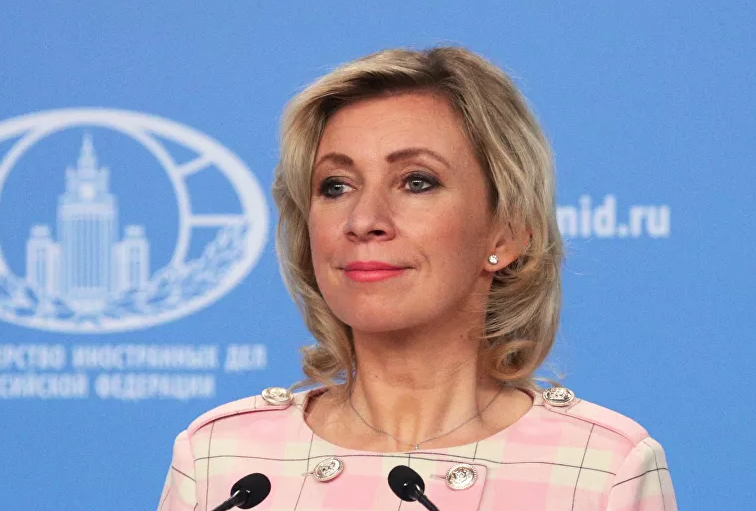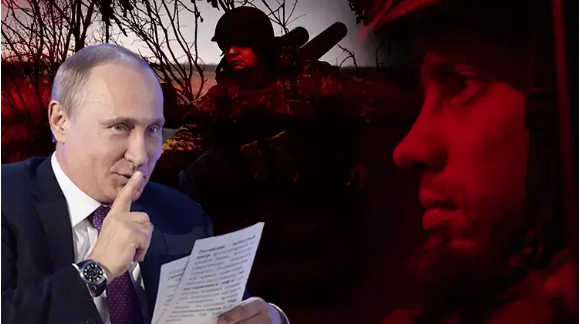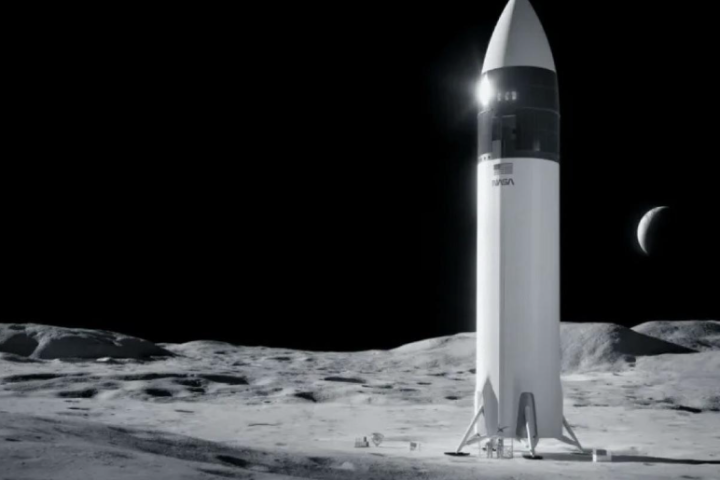What will the future wars be like between the West, China and Russia?
In the UK, 2021 saw a fundamental shift in defense and security policy. Budgets for digital technology, artificial intelligence and cyber studies increased, while they decreased for more traditional hardware, and the number of troops decreased.
These transformations are higher than ever as Russian forces build up on Ukraine’s borders, Russia demands NATO to withdraw its membership commitments to Ukraine and Georgia, and China is willing to retake Taiwan by force if necessary, the BBC reported. coincided with the sound.
 Small, regional conflicts still erupt around the world. There is a civil war in Ethiopia, the separatist conflict in Ukraine has killed more than 14,000 people since 2014, the conflict in Syria continues and Daesh is spreading to parts of Africa.
Small, regional conflicts still erupt around the world. There is a civil war in Ethiopia, the separatist conflict in Ukraine has killed more than 14,000 people since 2014, the conflict in Syria continues and Daesh is spreading to parts of Africa.
However, it seems that the plans of England and other countries in the new years will put the conflicts between these countries in a new form.
On November 16, Russia conducted a missile test in space and destroyed one of its satellites.
China, on the other hand, conducted tests of advanced hypersonic missiles that can travel at many times the speed of sound over the summer.
Michele Flournoy, who was responsible for designing the strategy of the US Department of Defense under former Presidents Bill Clinton and Barack Obama, made the following comment on the subject;
“The West’s focus on the Middle East over the past 20 years has allowed it to do much to advance militarily with the various technologies of its rivals. We and the West are at a truly strategic turning point as we have focused on counter-terrorism and counter-insurgency policy, the wars in Iraq and Afghanistan over the past two decades. But we are also aware that we are now in a new war with other technologies.”
Flournoy said, “Russia and China are in the position of ‘acute threats and strategic rivals’ to the West in the long term. “While we are focused on the wider Middle East, these countries have begun to invest heavily in a range of new technologies,” he said.
Much of the conflict between the West and Russia and China in recent years has tended to engage in devastating cyberattacks to undermine the fabric of Western society, influence elections and steal sensitive data.
Meia Nouwens, a senior research fellow at the International Institute for Strategic Studies (IISS), made the following statement;
“The People’s Liberation Army of China has established a new agency called the Strategic Support Force, which looks into space, electronic warfare, and cyber capabilities. So what does this mean in practice? The first thing to happen in any hostile situation will be massive cyber attacks from both sides. There are attempts to ‘blind out’ the other by disabling communications, including satellites, or even cutting vital undersea cables carrying data.”
Franz-Stefan Gady, an expert on future war at the International Institute for Strategic Studies, expressed his agreement about the major transformations that military conflicts will witness in the coming period.
“The major powers are investing heavily not only in offensive cyber capabilities, but also in electronic warfare capabilities that can disrupt satellites and communications. Therefore, in future conflicts, not only the army but also societies in general will be the main target,” he warned.





